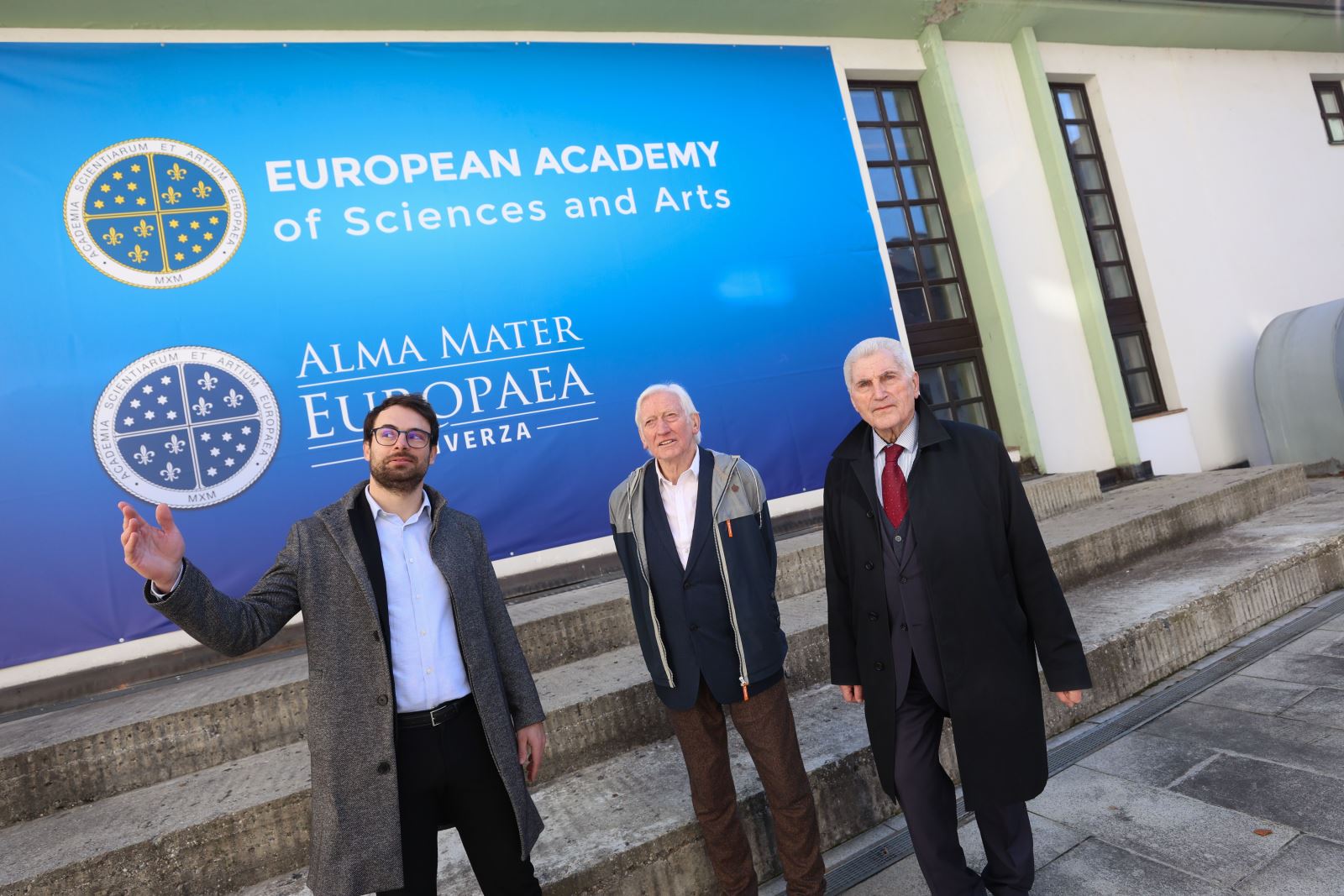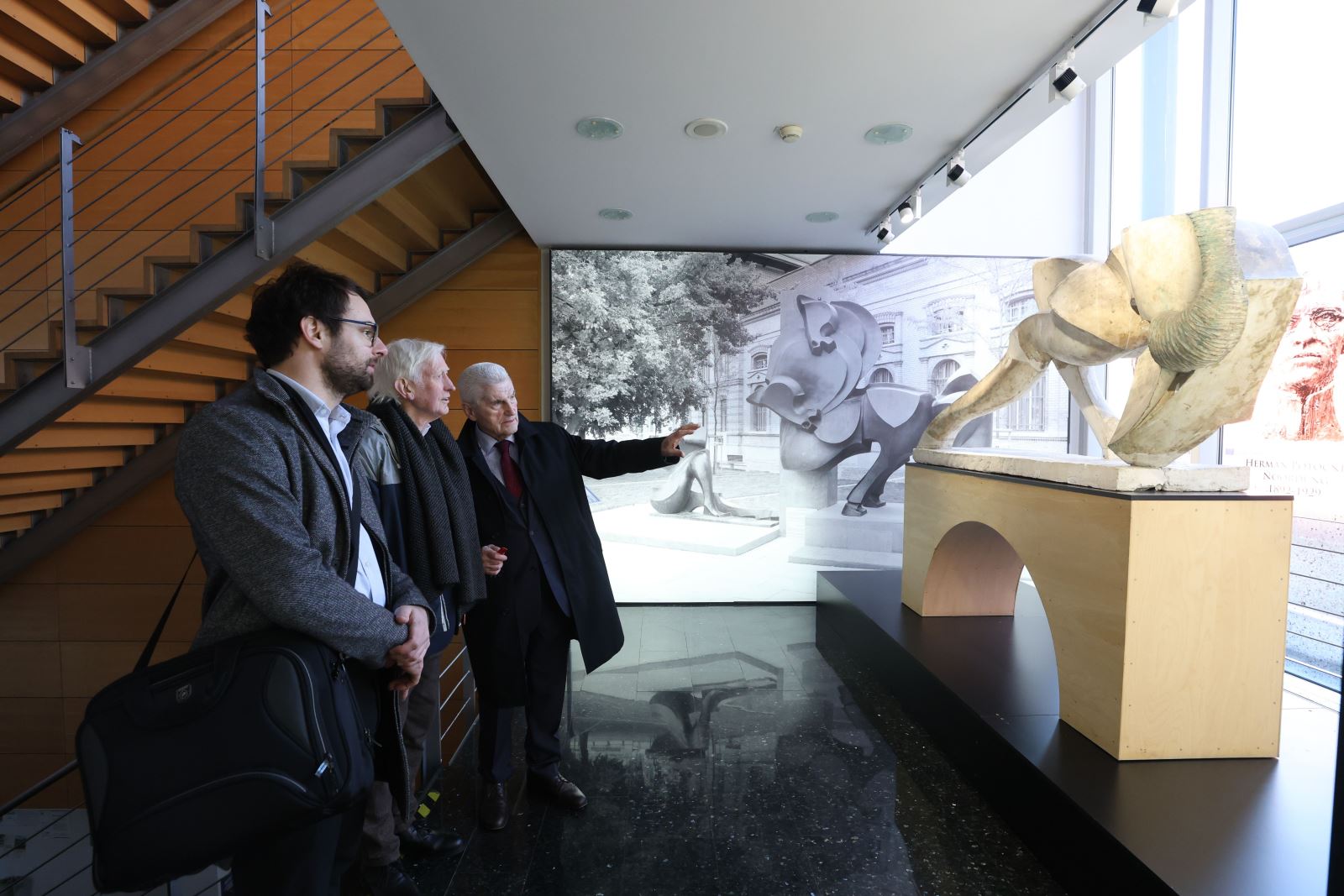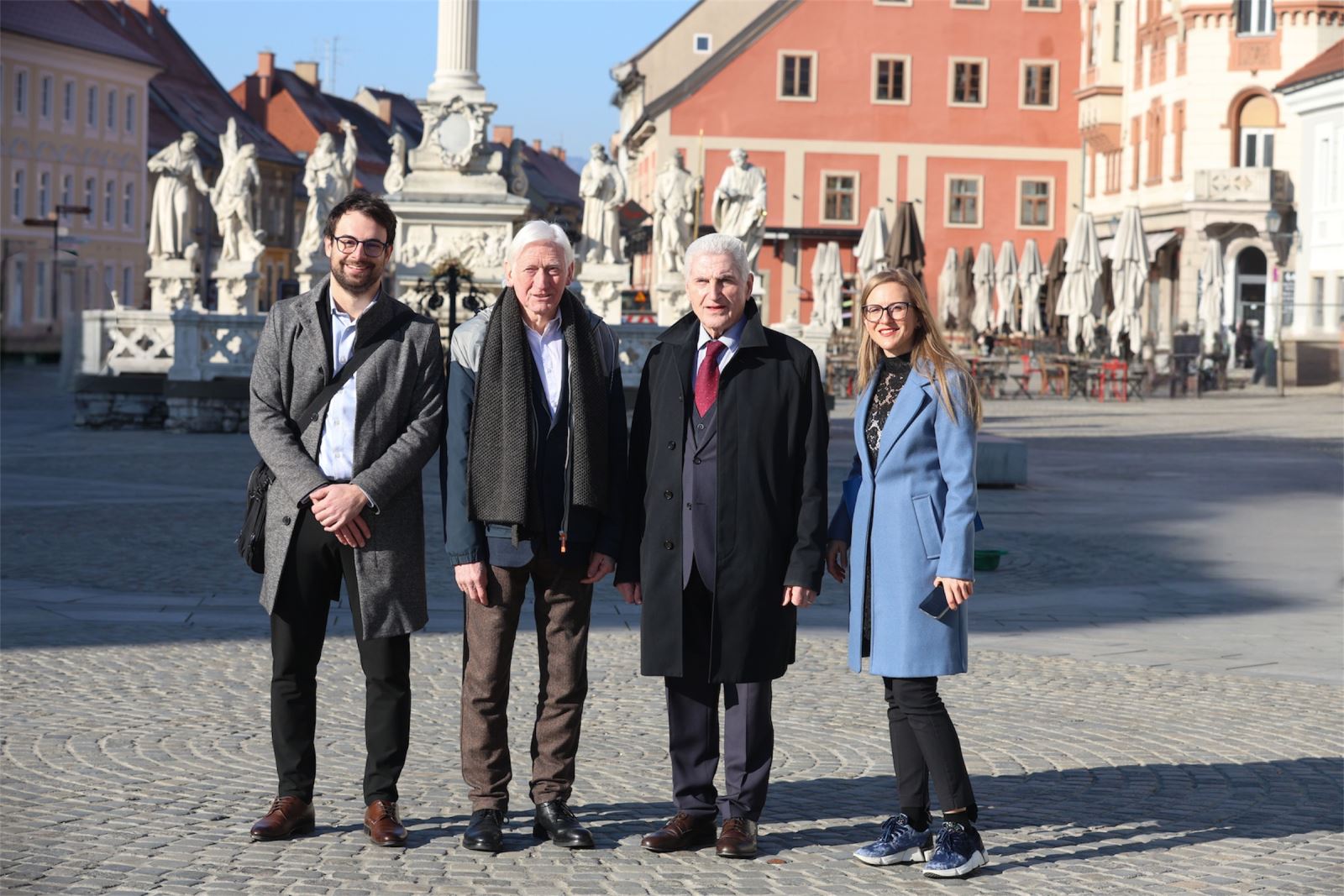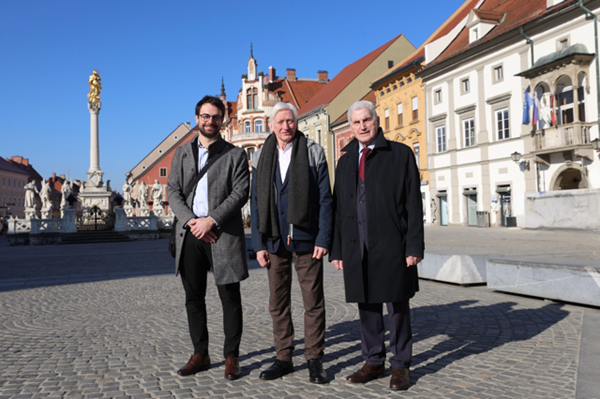
Elite Historian Richard J. Overy at Alma Mater: War, a Global Reality?
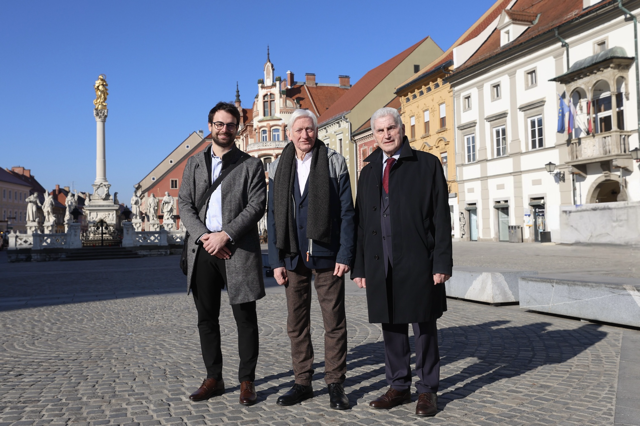
Alma Mater Europaea – ISH Faculty is hosting one of the most prominent contemporary historians, Professor Richard James Overy, who has presented his latest bestseller, Why War?
Overy, a professor at the University of Exeter, editor of The Times Complete History of the World, a fellow of the Royal Society and the British Academy, and a recipient of prestigious awards for historical research, shared deep insights at Alma Mater into the nature of warfare through the lenses of history, biology, psychology, and political science.
Why are humans the only species that engage in large-scale killings of their kind? How does war manifest in modern crises, such as the conflicts in Ukraine and the Middle East? Overy explores these key questions in his book, highlighting the evolutionary, social, and political factors that have shaped conflicts for millennia.
Overy’s lectures and discussions have opened significant debates on the future of global security and the possibilities of preventing future wars. Alma Mater Europaea thus continues to be a vital center for discussions on pressing social challenges.
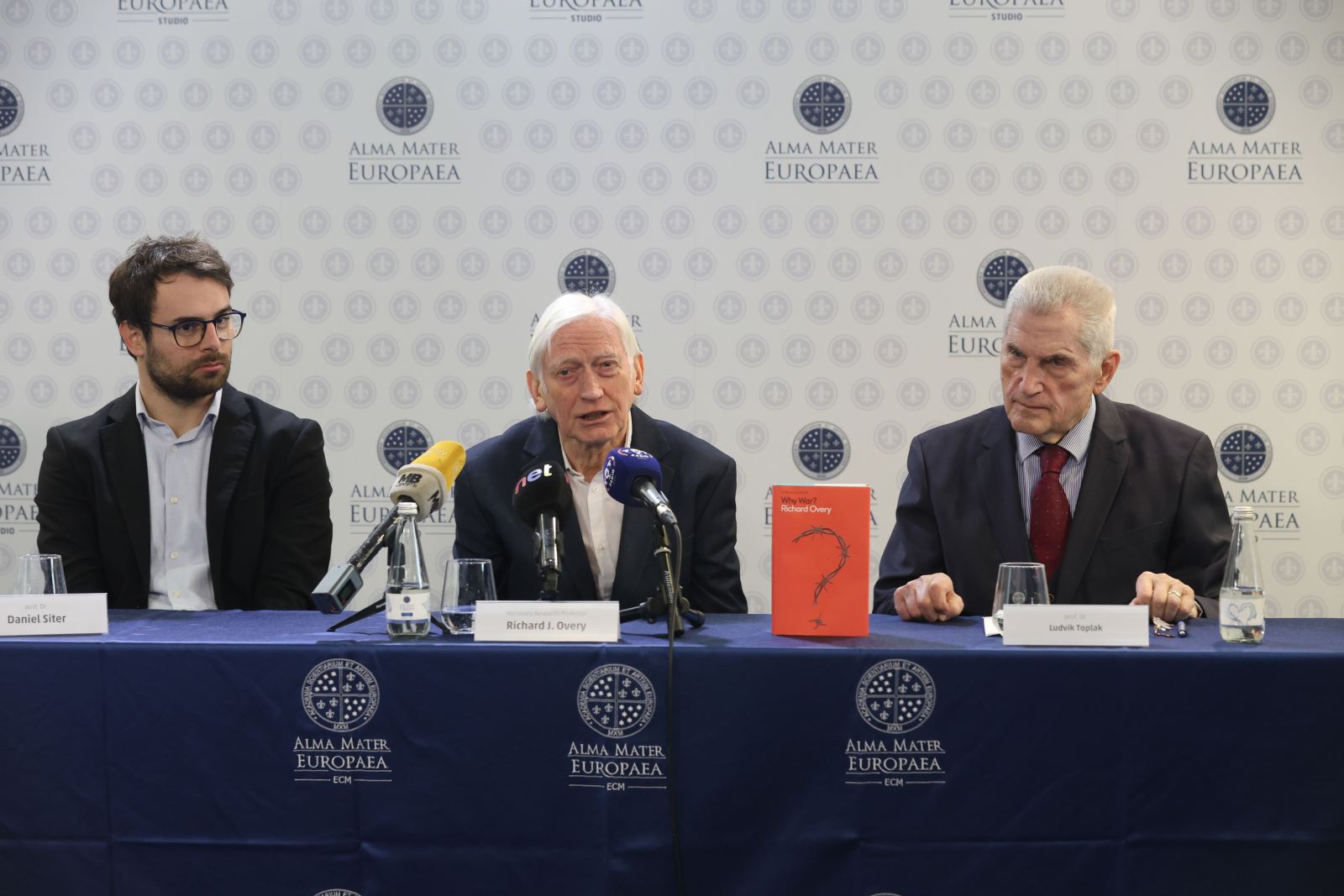
Why War?
"Warfare is a fundamental part of the human story—it was true thousands of years ago and remains true today. Why are humans the only animal species that has developed the capacity for mass killing of its kind? Nearly a century ago, Albert Einstein asked Sigmund Freud, 'Why war?' Einstein hoped for a straightforward answer within the framework of human psychology, but such an answer does not exist. Richard Overy, author of numerous books on World War II, examines this question from the perspective of various scientific disciplines: biology, psychology, anthropology, ecology, and the social and political sciences.
Modern evolutionary theory suggests that early humans used collective violence—or warfare—to protect small communities and expand their genetic pool. The ability to use violence under specific circumstances thus became one of the mechanisms in the human mind for ensuring survival. Anthropology and archaeology have shown that violence is also a cultural product, with warfare in one form or another becoming part of life in early societies. Social segmentation shaped a military class to protect tribes or clans, fostering a militaristic culture that justified warfare. Although wars were not constant, there is no part of the world where archaeological and anthropological evidence does not indicate collective violence against others long before the formation of states.
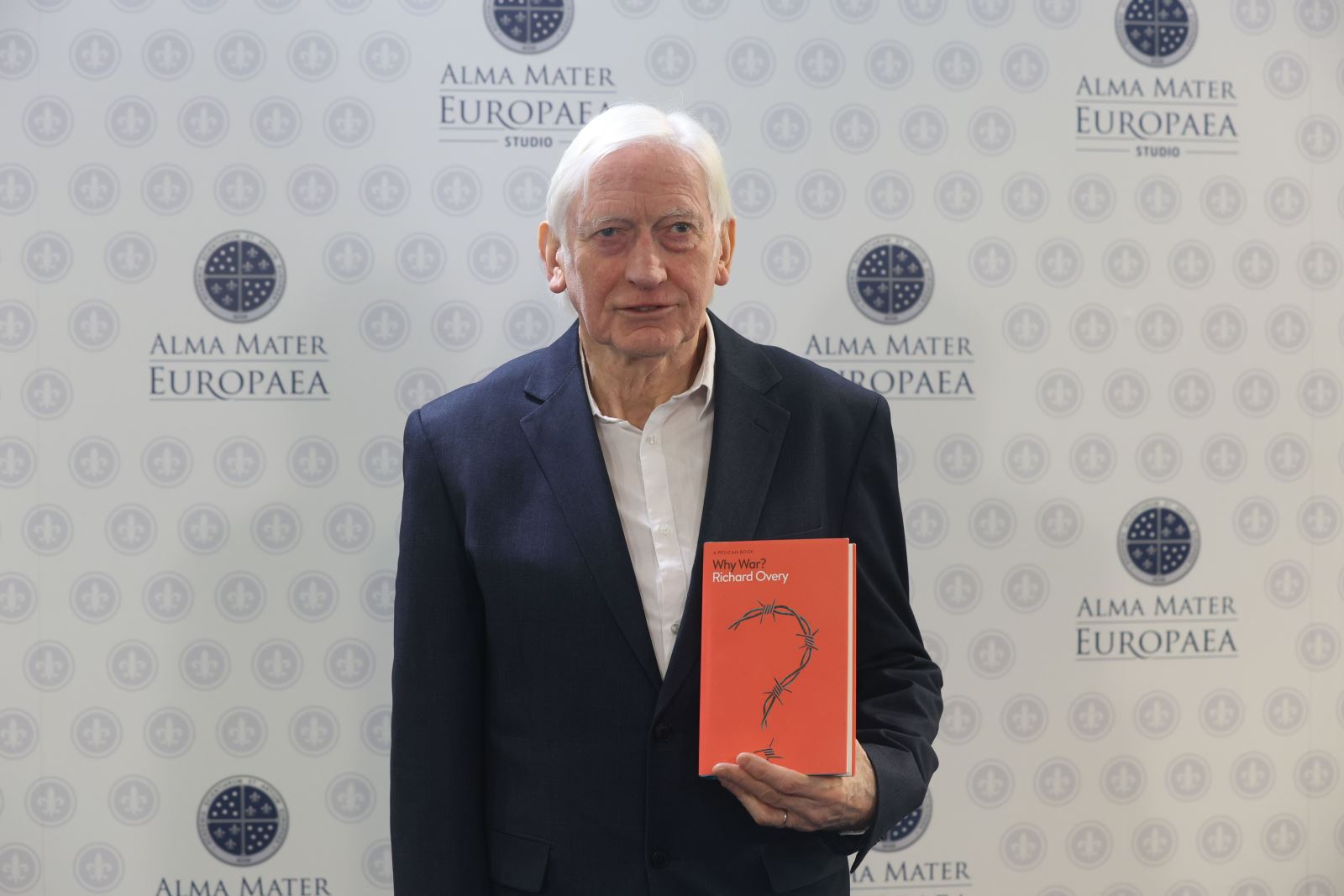
This evolutionary pattern existed before the emergence of the state, whose development was partly linked to the need for a more effective organization of warfare. In the historical period spanning approximately 6,000 years, the motives for war became clearer—whether due to beliefs, the need for resources, or the pursuit of power and security. These explanations are central to political and social sciences, focusing more on the conscious factors driving humans to war than basic evolutionary impulses. The quest for security is crucial in this regard. This is evident throughout history, whether in the defense of the Chinese or Roman empires or more recent wars. The sense of threat significantly influenced Putin’s decision to wage war against Ukraine out of fear that NATO and the European Union would reach Russia’s borders. Similarly, it is central to Israel’s perception of its geopolitical position surrounded by Arab states and its recent wars against Hamas and Hezbollah, aimed at stabilizing its borders.
In the 21st century, war remains a global reality. Modern political science warns of the potential for new wars over scarce resources, such as the oil wars of the previous century, or conflicts driven by rapid climate change—for example, over access to water or the prevention of mass migrations. Future wars may take place in space or cyberspace, aiming to cripple the economic and military capabilities of rival powers.
The long history of warfare suggests that wars will not quickly disappear. The most dangerous possibility is that mistrust and a sense of threat could lead to nuclear war. Despite all achievements, humans today, in an evolutionary sense, are not fundamentally different from their prehistoric ancestors." — Richard J. Overy
